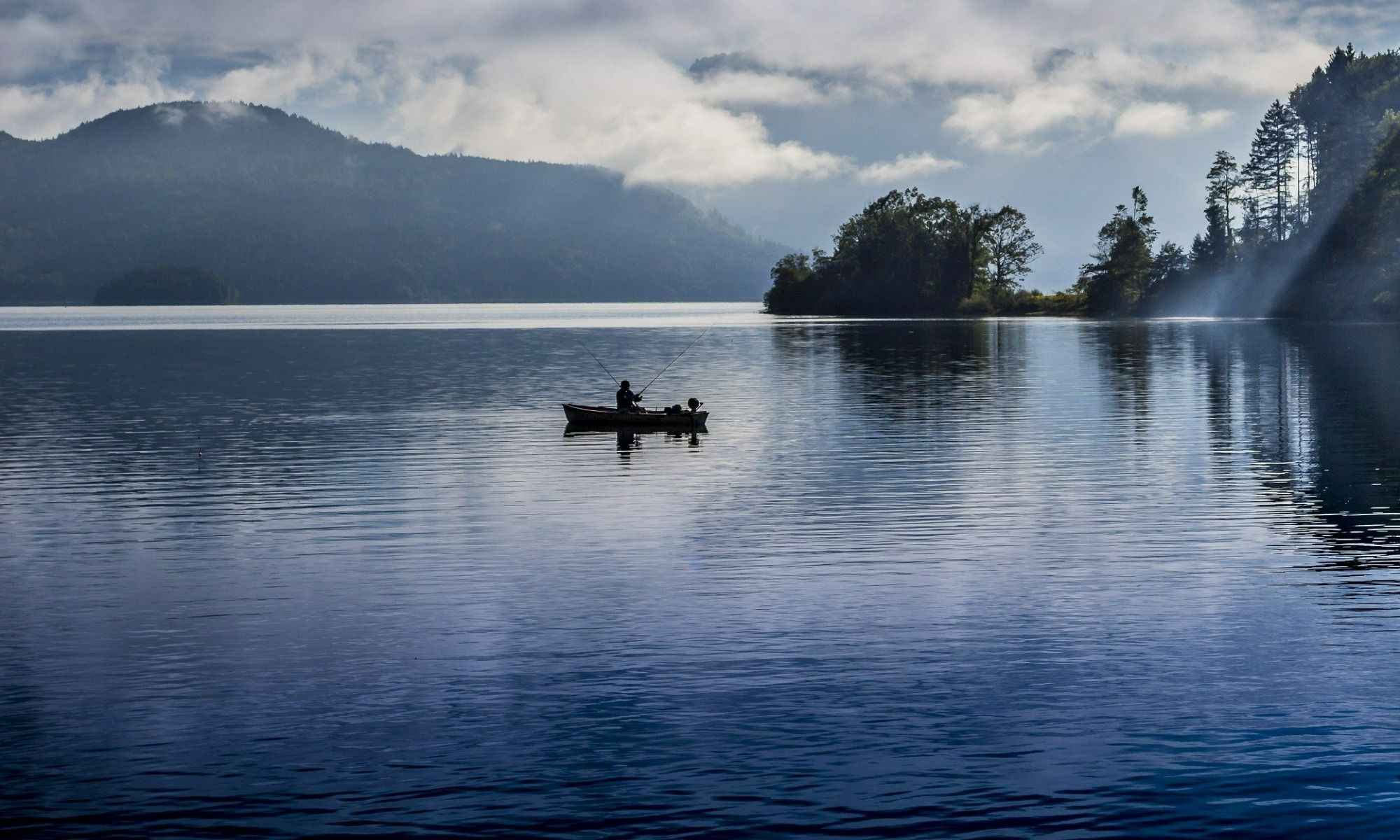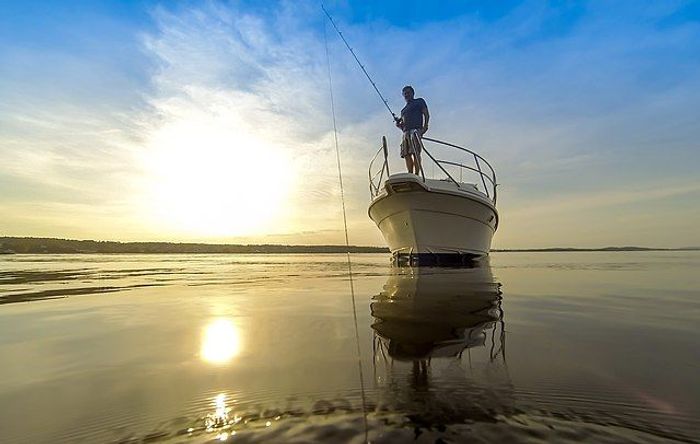Best Fishing Times and Dates in 2022
Here are some of the most fruitful fishing times for every season.

Another year means more opportunities to go on fishing trips. With the ice thawing from the winter and the fish become more active, an increasing number of anglers will begin planning trips for the coming year. Of course, there are numerous factors to consider when going on a trip. Everything from the equipment to the accommodations and everything in between can be a hassle. This is why meticulously planning a fishing trip is essential. Going on a fishing trip can take a lot of time and money, especially if an angler travels far. Something that can happen is that an angler travels all the way to the lake, only to find out most fish aren’t in season or, worse, can’t catch anything at all.
Anglers should prepare and check the area before going there to avoid frustrations. Because fish are cold-blooded, they are susceptible to temperature changes. Fish have different seasons when they are most active. Some, such as tides, have an immediate impact on fish. Others occur on a sporadic basis. Some highly sought-after fish are given seasonal limits to control their population in terms of government regulations. This is alongside different rules like bagging limits and specific capture methods. The important thing to remember is that most of these influences repeat regularly, making an angler's life a lot easier.
Fishing in 2022: Everything You Need To Know
1. Spring

Springtime is a great time to catch plenty of fish. Fish are more active during this time to feed, coming off of their hibernation through winter. Fish like largemouth bass and catfish are more likely to go into shallower parts of the water as it’s warmer. Early morning is one of the worst times to fish during this season as the water is still too cold. When it gets warmer around late morning, most fish will be out feeding. Spring is also a time when many fish are in their spawning season. It’s best to look for fish in weedy areas, where they will likely be laying their eggs. Anglers will experience a great catch on the 1st to 16th of March, April, and May; the last week of each month is also ideal!

The visibility provided by the moon during the first half of a month makes for great fishing.
Late March is the start of tarpon migration to Florida. Known as the Silver Kings, these are some of the most sought-after game fish alongside sailfish, making appearances during these months. Redfish and trout are in season in Texas and Louisiana during these months. Yellowfin tuna can also be found offshore on the west coast during this time.
2. Summer
When it comes to summer, the heat that it brings can be both good and bad. The fact that spawning has just ended means that many fish are out and about during the summer months. The downside of fishing during summer is that fish are more likely to escape the heat when the sun gets too hot by heading to the bottom or hiding in the shade. Anglers intending to fish in the day have a small window during sunrise and sunset. Of course, night fishing is also an underrated yet effective fishing time.
Bass fishing is at its peak during summer as anglers will find them in high numbers. From the middle to the end of September, bass starts to eat more in preparation for winter when the season shifts to fall. Taking the kids out on fishing trips during summer is also a great idea. The weather is great in most popular fishing destinations, with camping being another terrific activity for the family. Kids are also most likely taking a break from school too. Bluegill and crappie are also in season and make for great practice with the kids.
Trophy fish like the northern pike are also very active during July and August. Anglers on the east coast and those willing to travel will also find them in abundance.
The perfect time to go fishing from June to September would be the first few weeks, specifically from the 1st to the 13th. The last few days of every month are also highly productive.

3. Fall
Fishing during sunrise and sunset isn’t as effective in fall as during summer. As October starts to roll around and the temperature lowers, fish are more likely to be active just before noon to early afternoon. These are times they soak in the heat of the sun, which isn’t as hot compared to summer. Many fish, specifically bass, are feeding a lot in preparation for the winter. Anglers should expect fish caught to be larger than fish caught in other seasons. Pike, perch, and muskie are all popular fish active during fall. Trolling for walleye is also popular among many anglers.
For many anglers, fall is arguably one of the beautiful seasons to catch fish. As the season visibly changes the landscape, many of America’s most remarkable natural landscapes are highlighted. From Lake Okeechobee to the Chesapeake Bay, scenic views are accompanied by sizable fish in moderate amounts. Anglers will enjoy catching striped bass from late September until mid-October, provided that storms don’t disperse the schools of fish.
The best time to fish in September during the fall would be from the 25th to the 30th, while anglers should try fishing from the 1st to the 9th and the last weeks from the 25th to the 31st of October. As the months grow colder, the window for fruitful fishing times lessens. In November, anglers would have a better chance at catching fish from the first and last weeks.
4. Winter
Fishing during winter can be a little tricky. It’s completely different from most antlers’ fishing, especially ice fishing. Fish are at their least active during this time, so days where an angler barely catches anything can be probable. However, fish like channel catfish, northern pike, and various types of trout are very active during this time.
In January, speckled trout are best caught in warmer climates like Florida or Texas. Florida is also known for its sailfish, in season from January onwards.
Ice fishing is what comes to mind the most when fishing in winter. Anglers can head on over to Minnesota. Events like Brainerd, Minnesota’s ice fishing competition, is a popular site for many anglers to try and catch northern pike, perch, and walleye. December to March will also see the Lakes Mitchell and Cadillac freeze over. Anglers visiting Michigan during the holidays can also have a chance at ice fishing. Anglers attempting to fish in colder climates should be well aware of the precautions needed to be taken before heading on out. Proper equipment and clothing are an absolute necessity.
Winter begins in December, so anglers should plan a trip from the 1st to the 7th; and the 27th to the 31st. The time frame is longer in January and February because fish are more active; for January, the ideal dates are from 2nd to the 17th, while February is from the 1st to the 16th.



